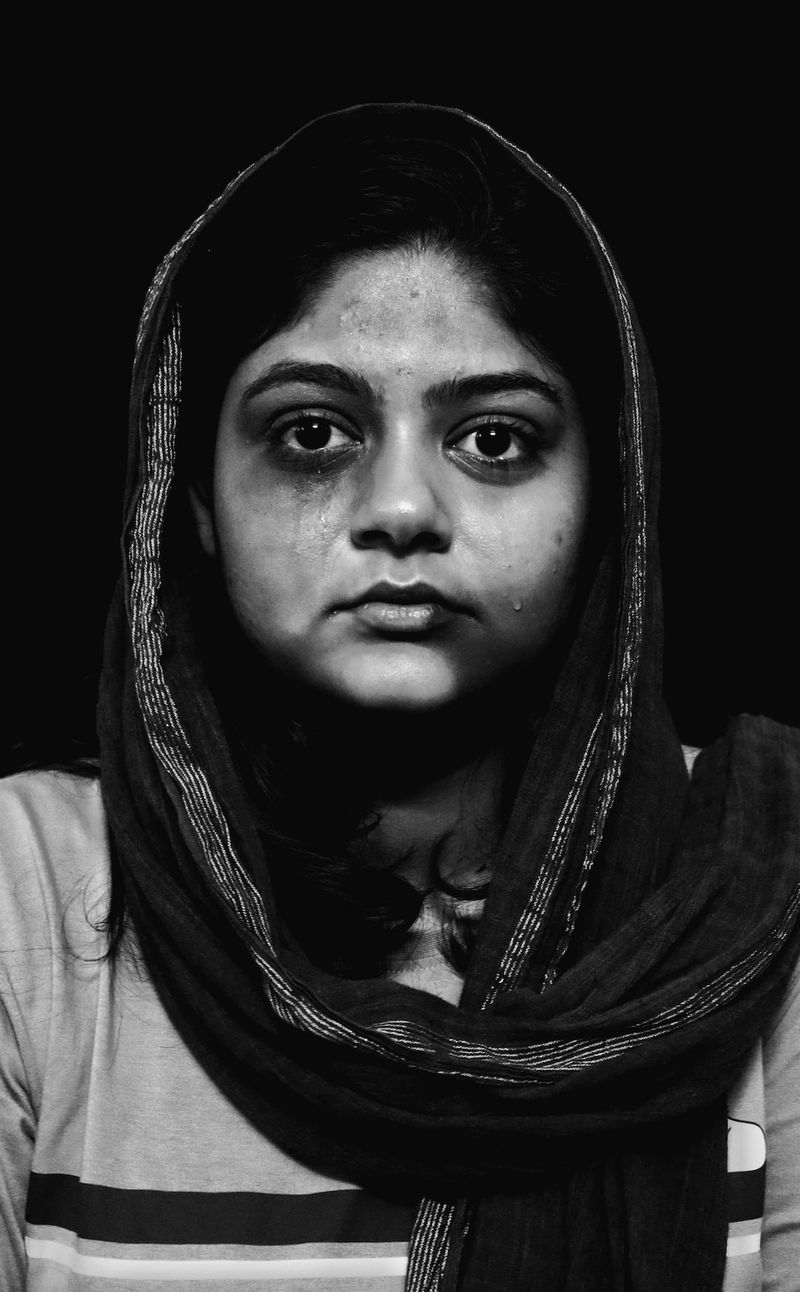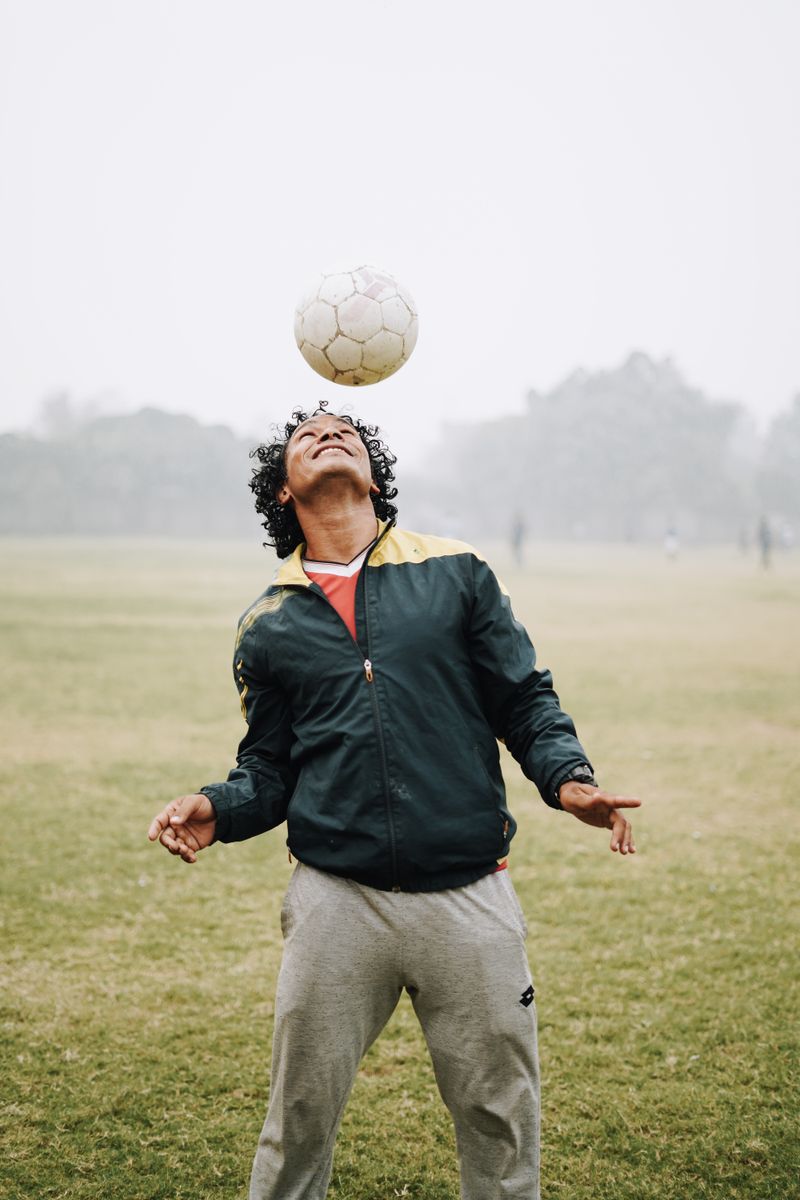FIFA Must Show the Red Card to Sexual Abuse
The Women’s World Cup and the Dark Reality of Women’s Soccer
The upcoming Women’s World Cup in Australia and New Zealand is set to break records as the most attended stand-alone women’s sporting event in history. However, behind the excitement and anticipation lies a dark reality that many fans are unaware of. Sexual harassment, unfair pay, and an unsafe working environment are just some of the challenges that women players face in their pursuit of glory on the pitch.
Sexual violence in sport is often a result of poor governance and a power imbalance that empowers abusers and silences survivors. Human Rights Watch has extensively documented the profound impact of sexual abuse on women athletes, including depression, suicides, physical disabilities, and lifelong trauma. Disturbingly, in many soccer federations, reporting sexual abuse is seen as a career-ending move.
When Human Rights Watch brought cases of sexual abuse to FIFA, the international governing body for soccer, it became glaringly evident that there were no survivor-centered systems in place to investigate such claims or protect whistleblowers. Only in June, after a lengthy consultation period, did FIFA release a report acknowledging the need for an “Independent Global Safe Sport Entity.” This entity would serve as an external mechanism to investigate sexual abuse allegations, signaling a significant step forward in addressing this issue.
FIFA‘s Lack of Concrete Action
While FIFA announced its intention to establish a dedicated entity to tackle abuse cases in soccer, its senior staff has been alarmingly vague in their public statements and has failed to take any concrete steps towards setting up the body. This includes neglecting to request funding that already exists. Human Rights Watch, along with the Sport & Rights Alliance, has written to FIFA asking for detailed information on the progress of establishing the Safe Sport Entity. Regrettably, FIFA remains unresponsive.
FIFA‘s human rights policy commits the federation to upholding the dignity and equal rights of everyone affected by its activities. Yet, as research from Human Rights Watch has demonstrated in countries like Japan, Afghanistan, and Haiti, FIFA has been ineffective in applying its own child safeguarding rules and background checks to address pervasive abuse within soccer federations.
The extent of the problem is alarming. Over the past few years, two male presidents of national soccer federations have been banned from the sport for sexually assaulting women and girls on national teams. Former players have spoken out about a culture of fear and abuse in Colombia’s national federation, while Canada Soccer has faced criticism for failing to protect youth team members from abuse by coaches. These examples highlight a systemic pattern of abuse across many national soccer federations.
FIFA‘s Financial Controls and Corruption
FIFA contributes substantial financial support to national soccer federations, providing at least $1.5 million per year to each federation. This financial leverage could be used to drive meaningful reforms and address the worst forms of sexual abuse and corruption. However, in many countries, these funds have instead fueled corruption and enabled sexual abuse.
One distressing example is the case of Yves Jean-Bart, the former president of the Haitian national soccer federation. In 2020, he was found guilty of sexual harassment and abuse against players, including girls. Despite being banned for life, Jean-Bart managed to overturn the punishment through threats and coercion. FIFA rejected his request to return to the sport, but justice has been slow in this case.
The complexity of achieving justice in these cases underscores the urgency for FIFA to establish an independent entity to combat sexual abuse. This is not a matter of financial constraints but rather political will. Funding for such an entity is available through the US Department of Justice Corruption Fund, which holds forfeited funds from corruption and racketeering charges brought against top soccer officials. These funds, amounting to as much as $60 million, are earmarked for FIFA‘s Safe Sport Entity.
Yet, despite the availability of these funds, FIFA has been slow to act and has failed to protect witnesses or compensate victims of sexual abuse within its systems. It is high time for FIFA to show true leadership and commitment to safeguarding the well-being of women athletes.
An Urgent Call for Change
As the 2023 Women’s World Cup approaches, FIFA must take decisive action. It should establish an independent body that can effectively address sexual abuse, provide emergency support and protection for survivors and whistleblowers, and conduct impartial investigations to remove abusers from the world of sports. This would be the first step in honoring the courage of those individuals who have come forward with abuse cases, despite the personal costs they have endured.
FIFA must prioritize the well-being and safety of women players. It is time to show the red card to sexual abuse and build a future where women athletes can compete on an equal, fair, and safe playing field.

<< photo by Sneha Sivarajan >>
The image is for illustrative purposes only and does not depict the actual situation.
You might want to read !
- A Nail-Biting Finish in Group B of the FIFA Women’s World Cup 2023
- Football Fever Illuminates Aotearoa: A Captivating Photo Journey Through the FIFA World Cup Fans in New Zealand
- Euphoria Actor Angus Cloud Passes Away at 25: Examining a Tragic Loss
- “Barry Cable’s Dark Secret: The Disturbing Truth of a Former AFL Star’s Sexual Abuse”
- “Matildas Shine in Group B: A Recap of FIFA Women’s World Cup 2023’s Thrilling Matches”
- “MAFS Star’s Arrest: Shocking Drug Bust Creates Chaos”
- Broncos’ Breathtaking Victory Crushes Cowboys’ Championship Dreams
- Top Five Highlights from Utopia Season Five Down Under
- “U.S. Facing Early Exit: Can the FIFA Women’s World Cup Defending Champions Turn the Tide?”
- Idiot Beware: Cardi B Strikes Back, Tosses Mic at Drink Thrower
- Cardi B’s On-Stage Outburst: Throwing Mic Amidst Drink Disruption
- “Unmasking the Dark Reality: EY Review Exposes a Disturbing Culture of Racism, Bullying, and Inequality”
- “Raiz Invest Shakes Up ASX Trading with Fractional Shares, But at a Cost”
- “Pole Position Penalty Can’t Stop Max Verstappen’s Dominant Belgian GP Victory!”
- Outlasting the Storm: Jake Matthews Dominates Darrius Flowers at UFC 291
- High-profile Married At First Sight contestant arrested on serious drug charges
- Shyanne-Lee Tatnell Murder Case: Unveiling the Dark Shadows of Tasmania’s Crime Scene
- Mid-Air Tragedy Strikes at Caboolture Airfield: Two Lives Lost in Light Plane Collision
- Ace Racquets: Unraveling the Top Tennis Rackets of 2023




